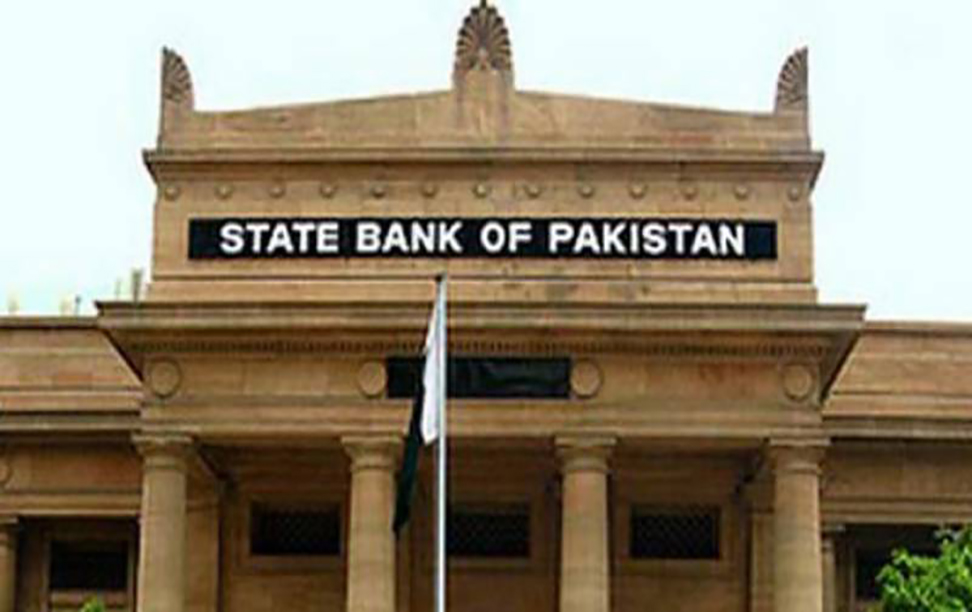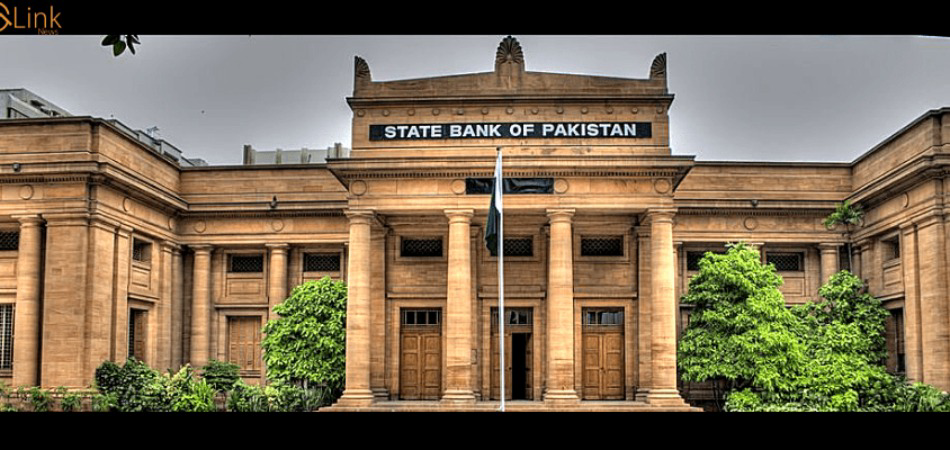Rate Cuts vs. Reforms: Who Will Bear the Cost?

By Asad Rizvi | September 12, 2024 at 09:44 AM GMT+05:00
September 12, 2024 (MLN): Many statements are being made by the business community regarding a substantial decline in policy rates by the State Bank of Pakistan (SBP). The main beneficiaries of rate cuts, according to their preferences, will be the actively involved business community.
However, the compression of corporate balance sheets will prevent banks from lending aggressively to the private sector. With a higher target of approximately PKR 6.295 trillion for PIB and Treasury bill auctions until November, banks are hesitant to take the risk of lending to the private sector.
Additionally, banks do not possess the capability to match the magnitude of the SBP's OMO cash injections, nor are they likely to increase lending risk to accommodate such a substantial amount.
That said, borrowers’ borrowing costs will indeed decrease. While the business community advocates for a significant reduction in policy rates, why don’t they also ensure their fellow traders engage in proper documentation, register their businesses, pay taxes, and avoid tax evasion?
Such practices would facilitate an economic overhaul, helping to meet the IMF's expectations. The business sector and those involved in tax evasion must recognize that correcting these errors is critical for economic survival.
Foreign lenders are increasingly limited by shifts in the global geopolitical landscape. The days of grants, subsidies, and brotherly gestures are gone. In this era of reciprocal exchanges, it is crucial to reflect on our capabilities and determine how we can contribute effectively.
To present a compelling offer, we must either update our systems or enhance our utility, strength, or usefulness to align with the modern world.
Returning to the SBP policy rate, the central bank will prioritize decisions that serve the nation’s best interests, rather than catering to the demands of a small segment of the community.
In this crucial moment, where the economy relies heavily on foreign financing, I maintain my position in advocating for a reduction in the policy rate by 100 to 200 basis points.
The writer is the former Country Treasurer of Chase Manhattan Bank
Disclaimer: The views and analysis in this article are the opinions of the author and are for informational purposes only. It is not intended to be financial or investment advice and should not be the basis for making financial decisions.
Related News
| Name | Price/Vol | %Chg/NChg |
|---|---|---|
| KSE100 | 131,949.07 198.95M |
0.97% 1262.41 |
| ALLSHR | 82,069.26 730.83M |
0.94% 764.01 |
| KSE30 | 40,387.76 80.88M |
1.11% 442.31 |
| KMI30 | 191,376.82 77.76M |
0.36% 678.77 |
| KMIALLSHR | 55,193.97 350.11M |
0.22% 119.82 |
| BKTi | 35,828.25 28.42M |
3.64% 1259.85 |
| OGTi | 28,446.34 6.84M |
-1.02% -293.01 |
| Symbol | Bid/Ask | High/Low |
|---|
| Name | Last | High/Low | Chg/%Chg |
|---|---|---|---|
| BITCOIN FUTURES | 108,125.00 | 110,525.00 107,865.00 |
-2290.00 -2.07% |
| BRENT CRUDE | 68.51 | 68.89 67.75 |
-0.29 -0.42% |
| RICHARDS BAY COAL MONTHLY | 97.50 | 0.00 0.00 |
0.75 0.78% |
| ROTTERDAM COAL MONTHLY | 106.00 | 106.00 105.85 |
-2.20 -2.03% |
| USD RBD PALM OLEIN | 998.50 | 998.50 998.50 |
0.00 0.00% |
| CRUDE OIL - WTI | 66.50 | 67.18 66.04 |
-0.50 -0.75% |
| SUGAR #11 WORLD | 16.37 | 16.40 15.44 |
0.79 5.07% |
Chart of the Day
Latest News
Top 5 things to watch in this week
Pakistan Stock Movers
| Name | Last | Chg/%Chg |
|---|
| Name | Last | Chg/%Chg |
|---|


.jpg)

 Central Government Debt
Central Government Debt
 CPI
CPI